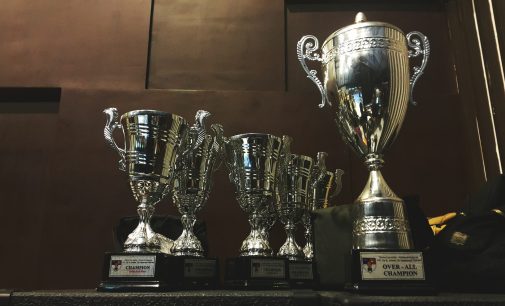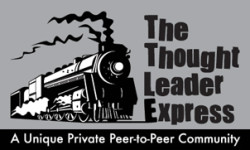Participation is one thing. It’s critical that retirement savers build on the momentum of participation and use that to increase the amount of dollars that get contributed to their article. How can plan sponsors facilitate this?
Plan Sponsors

How strong an argument is there for auto-enrollment? Remember, the key feature of the 2006 Pension Protection Act was to encourage auto-enrollment. The SECURE Act has even stronger language.

These service providers bring in expertise and can engage the worker directly. Once set in place, the plan sponsor can step aside and let the system run on its own.

The example the researchers chose was a British company. The fact the study was not conducted within the framework of the ERISA environment may call into question its relevance to plans in America.

The challenge is plan sponsors often can’t determine if an account is forgotten until some triggering event. And by that time, it’s too late.

The antiseptic compliance regime spelled out by the DOL and ERISA has to date defined fiduciary services. Perhaps, if we’re going to consider what is “beyond” that sterile definition, we might want to go back to the future. In a sense, rediscovering where “fiduciary” initially came from might suggest where it is headed.

Back then, at least, we knew who wore the white hats and who whore the black hats. Today, thanks to muddled and often conflicting regulations for multiple agencies, everyone is wearing fifty shades of gray.

The key intent of this strategy is to allow freedom to and reward long-term employees who have accumulated the skills the company needs to compete.

Still, it seems most financial professionals feel anything that brings people closer to the road towards financial independence should be encouraged.











